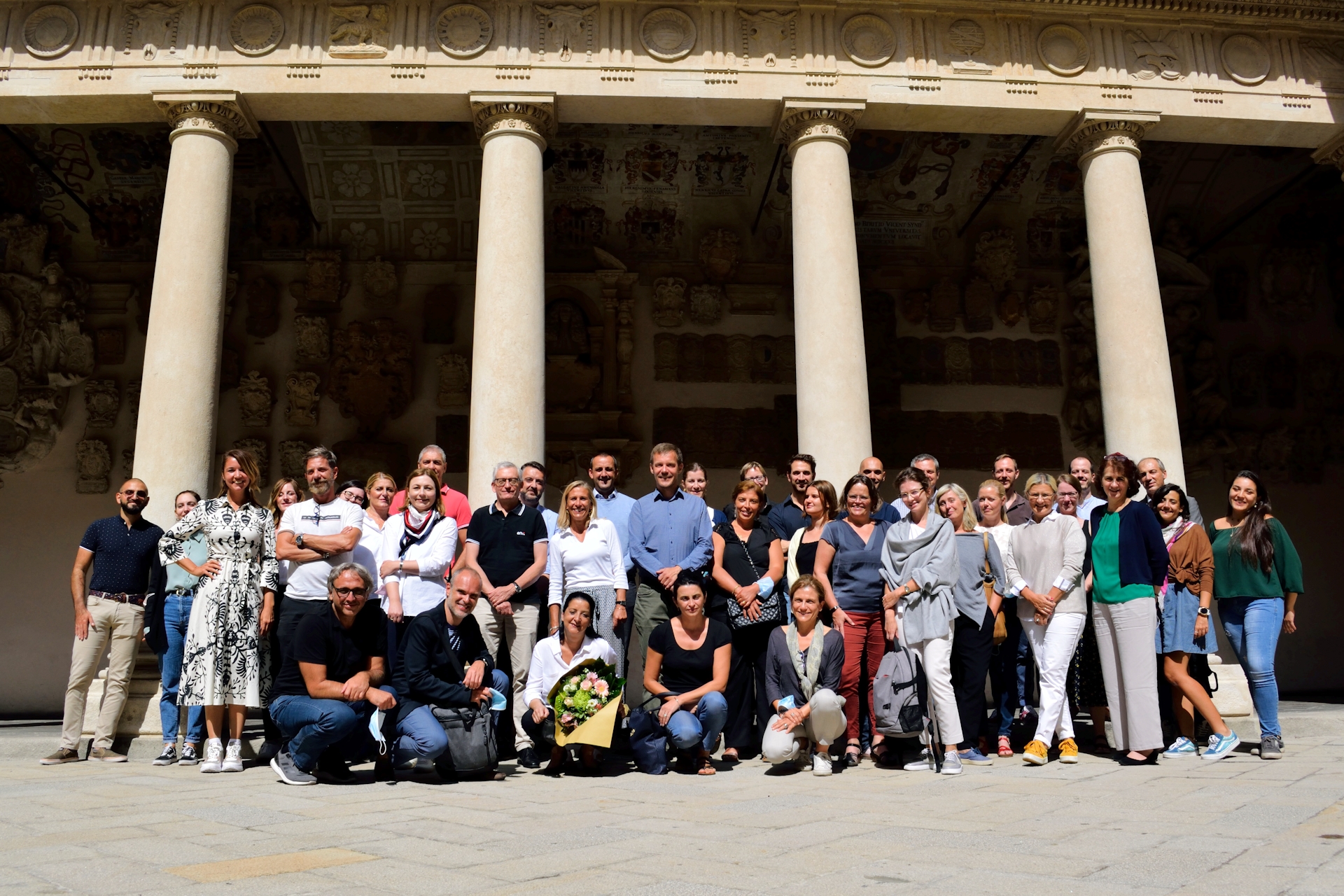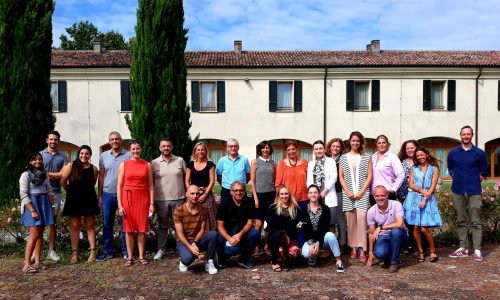
A European network composed of veterinarians, microbiologists, pharmacologists, epidemiologists and other relevant stakeholders is working on avoiding the antibiotics’ loss of effectiveness
- News
- March 30, 2022
Researchers across Europe are developing new national guidelines for vets using antibiotics for pets and small animals, to ensure effective use of these treatments and avoid contributing to the growing problem of antibiotic resistance in animals and humans. The overuse of antibiotics, especially taking antibiotics when they’re not the correct treatment, promotes antibiotic not effective to bugs. There is an urgent need to adopt measures to preserve the efficacy of available antibiotics and avoid the pathogens infect both animal and humans.
The European Network for Optimization of Veterinary Antimicrobial Treatment (ENOVAT), a network funded by the European Commission, just mapped and qualitatively assessed the guidelines the veterinarians normally use for prescribing antibiotics to pets and small animals in different countries with the aim of shedding light on the need for national guidance documents in multiple European countries. Additionally, the network just provided a mechanism for standardization and harmonization of veterinary clinical microbiology methodologies, more specifically bacterial culture and antimicrobial susceptibility testing, that could then be used as a template for implementation at a wider international level.
For this work, representatives of 40 countries were contacted to provide information about antimicrobial guidelines developed or used in their respective countries, identifying 23 potential guidelines from 17 different countries, a further pan-European document produced by the Federation of European Companion Animal Veterinary Associations (FECAVA) and the Guidance for the rational use of antimicrobials (GRAM) book. None of the included guidelines were initiated by governmental initiatives, further emphasizing that small animals constitute a blind spot in the national antibiotics use political agenda. On the other hand, for harmonization of clinical microbiology methodologies in veterinary, ENOVAT is developing united complementary approaches in the veterinary microbiology profession to help achieve the long-held goals of harmonization of antimicrobial susceptibility testing methods and standardization of diagnostic procedures across veterinary microbiology laboratories in Europe and beyond.
The ENOVAT network is funded by COST Association and involves more than 250 participants from 45 countries, and it comprises stakeholders from several disciplines, predominantly microbiology, pharmacology, veterinary practice, epidemiology and communication. The Action collaborates with different international organizations. Four of these (OIE, FAO, EFSA and ESCMID) form an advisory board for the Action.
Details can be found in the following scientific publications:





